World Noir Volume 2: Limited Edition – Radiance Films (Blu-ray)
Theatrical Release Dates: West Germany, 1961 (Black Gravel), France/Italy, 1963 (Symphony for a Massacre), Japan, 1964 (Cruel Gun Story)
Directors: Helmut Käutner (Black Gravel), Jacques Deray (Symphony for a Massacre), Takumi Furukawa (Cruel Gun Story)
Cast: Helmut Wildt, Ingmar Zeisberg, Hans Cossy, Wolfgang Büttner, Anita Höfer, Heinrich Trimbur, Peter Nestler, Edeltraut Elsner, Else Knott, Guy Gehrke, Ilse Pagé (Black Gravel), Michel Auclair, Claude Dauphin, José Giovanni, Michèle Mercier, Daniela Rocca, Jean Rochefort, Charles Vanel (Symphony for a Massacre), Jô Shishido, Chieko Matsubara, Tamio Kawaji, Yûji Odaka, Minako Katsuki, Hiroshi Nihon'yanagi, Hiroshi Kondô, Shôbun Inoue, Kôjirô Kusanagi, Kôichi Uenoyama (Cruel Gun Story)
Release Date: August 26th, 2023
Approximate Running Times: 114 Minutes 31 Seconds (Black Gravel - Uncensored Original Cut), 113 Minutes 14 Seconds (Black Gravel - Re-edited Distribution Cut), 110 Minutes 7 Seconds (Symphony for a Massacre), 86 Minutes 26 Seconds (Cruel Gun Story)
Aspect Ratio: 1.66:1 Aspect Ratio / 1080 Progressive / MPEG-4 AVC (Black Gravel - Both Versions, Symphony for a Massacre), 2.35:1 Aspect Ratio / 1080 Progressive / MPEG-4 AVC (Cruel Gun Story)
Rating: 12 (UK)
Sound: DTS-HD Mono Geramn (Black Gravel), LPCM Mono French (Symphony for a Massacre), LPCM Mono Japanese (Cruel Gun Story)
Subtitles: English (All Films)
Region Coding: Region B (All Films)
Retail Price: £37.49 (UK)
Black Gravel: "Sohnen is a town built on vice for the occupying American forces in Cold War Germany. Robert, a local truck driver who sells off gravel from the site he works on as a side hustle, runs into an old flame, Inge. Inge is now respectably married to American officer John who runs the site. Driving in Robert’s truck, tragedy strikes and he and Inge must do their best to cover up a pair of dead bodies." - synopsis provided by the distributor
Symphony for a Massacre: "Five gangsters raise the cash to buy a large shipment of drugs which they plan to sell on. One of the gang however plans to secretly rob his partners, beginning an escalating spiral of violence and deception that leaves a trail of bodies across France." - synopsis provided by the distributor
Cruel Gun Story: "Togawa (Joe Shishido, Branded to Kill) is released from prison early by his underworld bosses. They make him execute a daring heist on an armoured vehicle, knowing he has no choice to do it as he needs the money for his sister’s surgery. With multiple partners and facets to the operation, much is at risk and all is never as it seems." - synopsis provided by the distributor
Video: 4.5/5 (Black Gravel - Uncensored Original Cut), 4.25/5 (Black Gravel - Re-edited Distribution Cut, Symphony for a Massacre), 4/5 (Cruel Gun Story)
Here’s the information provided about Black Gravel's transfer, "Black Gravel is presented in both the premiere version and the shorter distribution cut. Friedrich-Wilhelm-Murnau-Stiftung and Arri Media restored and digitized the original camera negative in 2016 in 3K resolution, and the premiere version was created using an original 35mm print as reference: the removed scenes and original ending were both added. Additional restoration work was undertaken by Radiance Films in 2024 with dirt and speck removal completed by Heavenly Movie Corporation."
Black Gravel comes on a 50 GB dual layer Blu-ray.
Disc Size: 39.2 GB
Feature: 31.6 GB
This release uses seamless branching for the two versions. For the most part, the sources for the two versions are comparable; the sections that are exclusive to the uncensored original cut have more noticeable wear and tear. That said, image clarity, black levels, and compression are solid, and the image retains an organic look.
Here’s the information provided about Symphony for a Massacre's transfer, "Symphony for a Massacre was restored by Pathe and completed by Eclair laboratories and L.E. Diapason, with the financial support of Centre national du cinéma et de l'image animée. The film is presented in 2K from a 4K scan of the surviving 35mm interpositive, as the original negative is lost."
Symphony for a Massacre comes on a 50 GB dual layer Blu-ray.
Disc Size: 33.3 GB
Feature: 30.1 GB
The source is in excellent shape; contrast is strong, image clarity, black levels, and compression are solid, and the image retains an organic look.
Here’s the information provided about Cruel Gun Story's transfer, "Cruel Gun Story was transferred in High-Definition by Nikkatsu Corporation from original archive elements."
Cruel Gun Story comes on a 50 GB dual layer Blu-ray.
Disc Size: 30.6 GB
Feature: 23.2 GB
The source is in great shape; contrast looks very good, image clarity and black levels are strong, compression is solid, and the image retains organic qualities.
Audio: 4.25/5 (Black Gravel - Both Versions, Symphony for a Massacre), 4/5 (Cruel Gun Story)
Black Gravel comes with one audio option, a DTS-HD mono mix in German with removable English subtitles. The audio is in great shape, dialog comes through clearly, everything sounds balanced, and range-wise, this audio track sounds very good.
Symphony for a Massacre comes with one audio option, a LPCM mono mix in French with removable English subtitles. The audio is in great shape, dialog comes through clearly, everything sounds balanced, and range-wise, this audio track sounds very good.
Cruel Gun Story comes with one audio option, a LPCM mono mix in Japanese with removable English subtitles. The audio is in good shape, dialog comes through clearly, everything sounds balanced, and range-wise, this audio track sounds satisfactory.
Extras:
Extras for Black Gravel include reversible cover art, a theatrical trailer (3 minutes 6 seconds, LPCM mono German with removable English subtitles), newsreel footage of film set featuring behind-the-scenes footage and an interview with director Helmut Käutner (3 minutes 50 seconds, LPCM mono German with removable English subtitles), an introduction from writer and programmer Margaret Deriaz (19 minutes 23 seconds, LPCM stereo English, no subtitles), and an audio commentary with film historian Olaf Möller for the uncensored original cut.
Extras for Symphony for a Massacre include reversible cover art, an archival interview from a French TV show with cast members Charles Vanel, Jean Rochefort and director Jacques Deray (4 minutes 35 seconds, LPCM mono French with removable English subtitles), an introduction by film critic Christina Newland (15 minutes 19 seconds, LPCM stereo English, no subtitles), and an audio commentary with film critic Travis Woods.
Extras for Cruel Gun Story include reversible cover art, an archival interview with actor Joe Shishido (8 minutes 56 seconds, LPCM stereo Japanese with removable English subtitles), an introduction by critic and programmer Tony Rayns (21 minutes 27 seconds, LPCM stereo English, no subtitles), a video essay by film critic Hayley Scanlon on Nikkatsu’s noir films of the 1960s (12 minutes 10 seconds, LPCM stereo English, no subtitles), and an audio commentary with author and filmmaker Jasper Sharp.
Other extras include a removable OBI strip leaving packaging free of certificates and markings and a 80-page perfect bound book with cast & crew information for each film, an essay titled The 1960s: The Death of Noir? written by David Hering, an essay titled ‘Anti-German’: Black Gravel’s Long Road to Acceptance written by Carmen Gray, an essay titled Trucksploitation Noir written by Martyn Waites, an essay titled A World I Know Well: The Criminal Life and Work of José Giovanni written by Elena Lazic, an archival interview with Jacques Deray, an essay titled Cheeky Devil: The Legacy of Joe Shishido written by Jake Cole, and information about the transfers.
Summary:
Black Gravel: A truck driver desperately tries to hide an affair with an old girlfriend who's married to an American officer. Along the way his impulsive behavior and a series of tragic events put their relationship in jeopardy.
Helmut Käutner directed Black Gravel. He is also known for directing The Captain from Köpenick, The Rest Is Silence, The Restless Years, and A Stranger in My Arms.
At the heart of Black Gravel is a story about an illicit affair between two former lovers, one of whom is now married to another man. And though the woman is reluctant at first to restart a relationship with her former lover, over time his determination wears her down. When things finally start going their way, an accident happens, and instead of informing the police, the man conceals what happened. Unfortunately, for them, they seal their fate before they are able to get away.
Though none of the performances are lacking, it is the two leads, Helmut Wildt in the role of Robert Neidhardt and Ingmar Zeisberg in the role of Inge Gaines, that carry Black Gravel. They are both outstanding in their portrayal of two lovers. Though Robert is a selfish character devoid of empathy, Helmut Wildt’s portrayal of him manages to make him an engaging character. Another reason why Black Gravel works as well as it does is because of these two actors' onscreen chemistry.
There are two versions of Black Gravel: the uncensored original cut had a bleaker ending and a few anti-Semitic moments. When it comes to pacing, there are a few times in both versions where things disrupt momentum; fortunately, there are a handful of tense moments that make up for any of the narrative's shortcomings. Another strength of Black Gravel is its noir visuals, which do a great job reinforcing the mood. Ultimately, Black Gravel is a well-made melodrama with film Noir elements.
Symphony for a Massacre: Five men pool a large sum of money into a drug deal. Unfortunately for them, before the deal happens, the man carrying the money disappears. After suspecting the courier, it becomes clear that there is a traitor in their midst.
Jacques Deray directed Symphony for a Massacre. He is also known for directing The Swimming Pool, Borsalino, The Outside Man, and Flic Story.
Next to Jean-Pierre Melville, Jacques Deray is the other director most identified with French crime cinema. In Jacques Deray's filmography, American film Noir clearly left its mark. French crime films, notably Jules Dassin's Rififi, also influenced him.
Jacques Deray fully exploits and perfectly executes the exquisite premise of "Symphony for a Massacre." At the heart of Symphony for a Massacre is a story about ‘the bigger the risk, the greater the reward,’ and whenever money’s involved, a scheme is always more dangerous. A job like this involves a level of trust among characters who normally are distrustful. Unfortunately for them, one of the five men has betrayed the others, turning everything on its head.
When it comes to the performances, the entire cast is excellent. Signaling an actor’s performance would give away too much about the plot. That said, their performances are greatly enhanced by the way they interact when trying to cover their crime or when those who know who the traitor is interact with them. Though all of these characters started off with good intentions, it's true that there is no honor among thieves.
From a production standpoint, Symphony for a Massacre is a film where everything perfectly falls into place. The well-constructed narrative does an exemplary job building momentum with tension that rarely subsides. Symphony for a Massacre is filled with striking imagery that heightens the moods. There are several well-executed set pieces: the theft of the money on a moving train, a character killing another to cover up their crime while two other characters are trying to get into a room, and a finale where the two men left standing fight for the money. Composer Michel Magne (Vice and Virtue) delivers an evocative score that does a phenomenal job reinforcing the mood. Ultimately, Symphony for a Massacre is a high water mark of French crime cinema.
Cruel Gun Story: Needing money to take care of his handicap sister, a man recently released from prison reluctantly takes on an armored car heist.
1960s Nikkatsu action films were known for their no borders and no limits. Though these films featured Japanese protagonists, they were heavily influenced by western cinema, notably American film Noirs and French crime cinema. That said, the main Japanese element in these films was the yakuza.
Jô Shishido was one of the main draws of 1960s Nikkatsu action films; after spending nearly a decade at Nikkatsu, he would get his big break through working with Seijun Suzuki on Youth of the Beast. He would spend the rest of the 1960s portraying similar characters from the criminal underworld. On the surface, though Joji appears like the same character Jô Shishido often portrayed, his relationship to his disabled sister adds another layer to this character, making him more dimensional than most of the characters Jô Shishido portrayed. That said, he delivers an excellent performance that overshadows anyone who shares screen time with him.
In Cruel Gun Story, a group meticulously plans out a complex heist with every detail at its core. The heist crew is made up of the protagonist, Joji, an old friend of Joji’s, a former boxer, and a heroin addict and former cop. The crew is going to rob an armored car, and everything will go off without a hitch if everyone follows the plan. Unfortunately, things go awry when the two drivers refuse to leave the armored car, forcing the crew to change their plans. This puts a strain on the crew as they scramble to come up with a new exit plan.
Besides Jô Shishido, the rest of the cast are all great in their roles. Despite her limited screen time, Chieko Matsubara (Tokyo Drifter) delivers another memorable performance in the role of Joji’s disabled sister. Yasukiyo Umeno’s portrayal of Ito, the right-hand man of the yakuza boss who arranged for Joji’s early release from prison, is another performance of note. This character has ulterior motives, which come to the forefront in the finale.
From a production standpoint, there is no area where Cruel Gun Story does not excel. The well-executed narrative does a superb job laying the foundation for what unfolds, and brisk pacing keeps the momentum building towards a phenomenal finale. Another strength is Cruel Gun Story’s Noirish visuals, which greatly add to the mounting tension. Ultimately, betrayal and redemption collide in Cruel Gun Story, an extraordinary tale about trying to outrun destiny.
World Noir Volume 2 is an exceptional release from Radiance Films; all three films have never looked or sounded better, and there is a wealth of informative extras, highly recommended.
Note: World Noir Volume 2 is limited to 3000 copies.
Written by Michael Den Boer







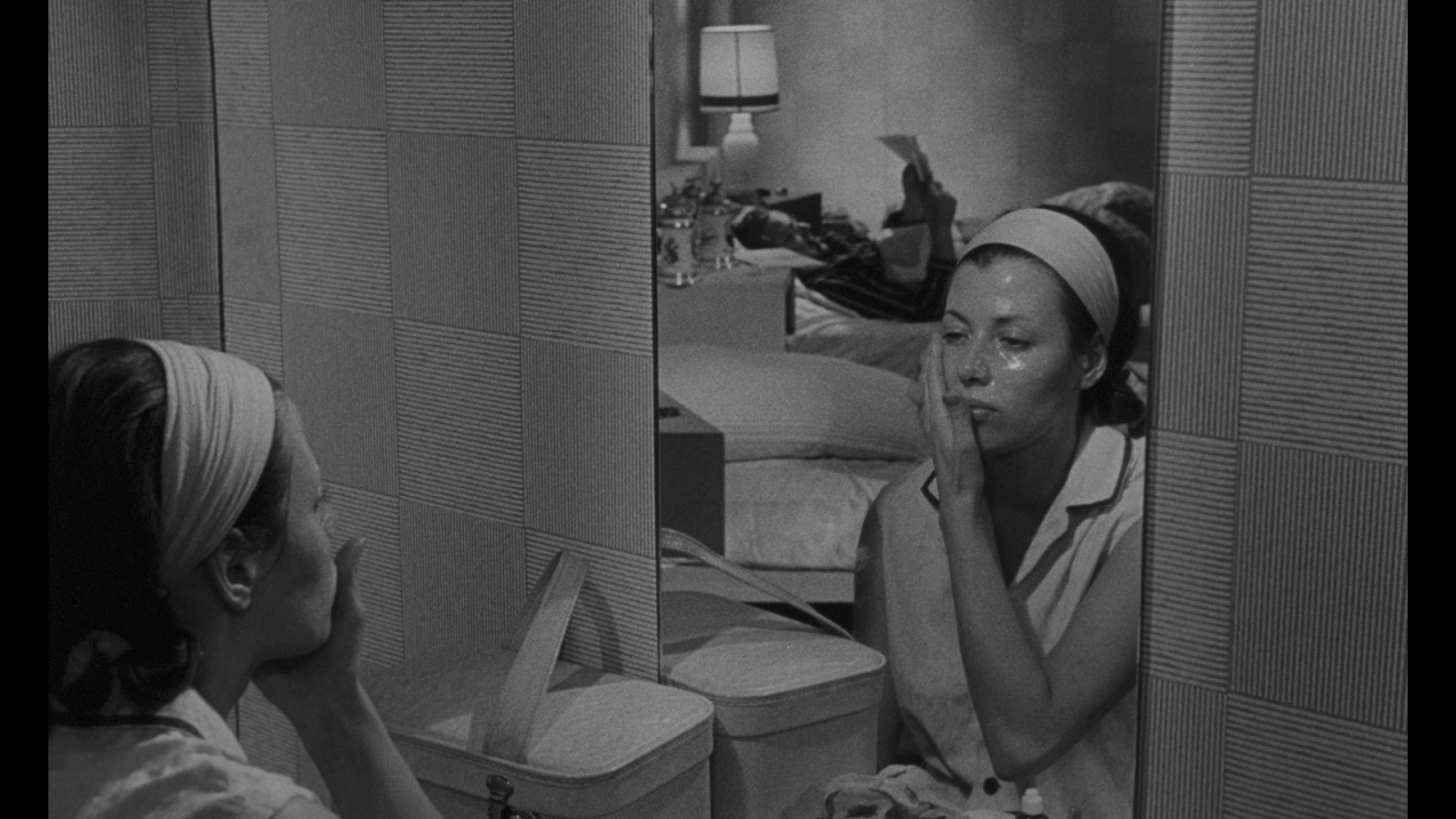





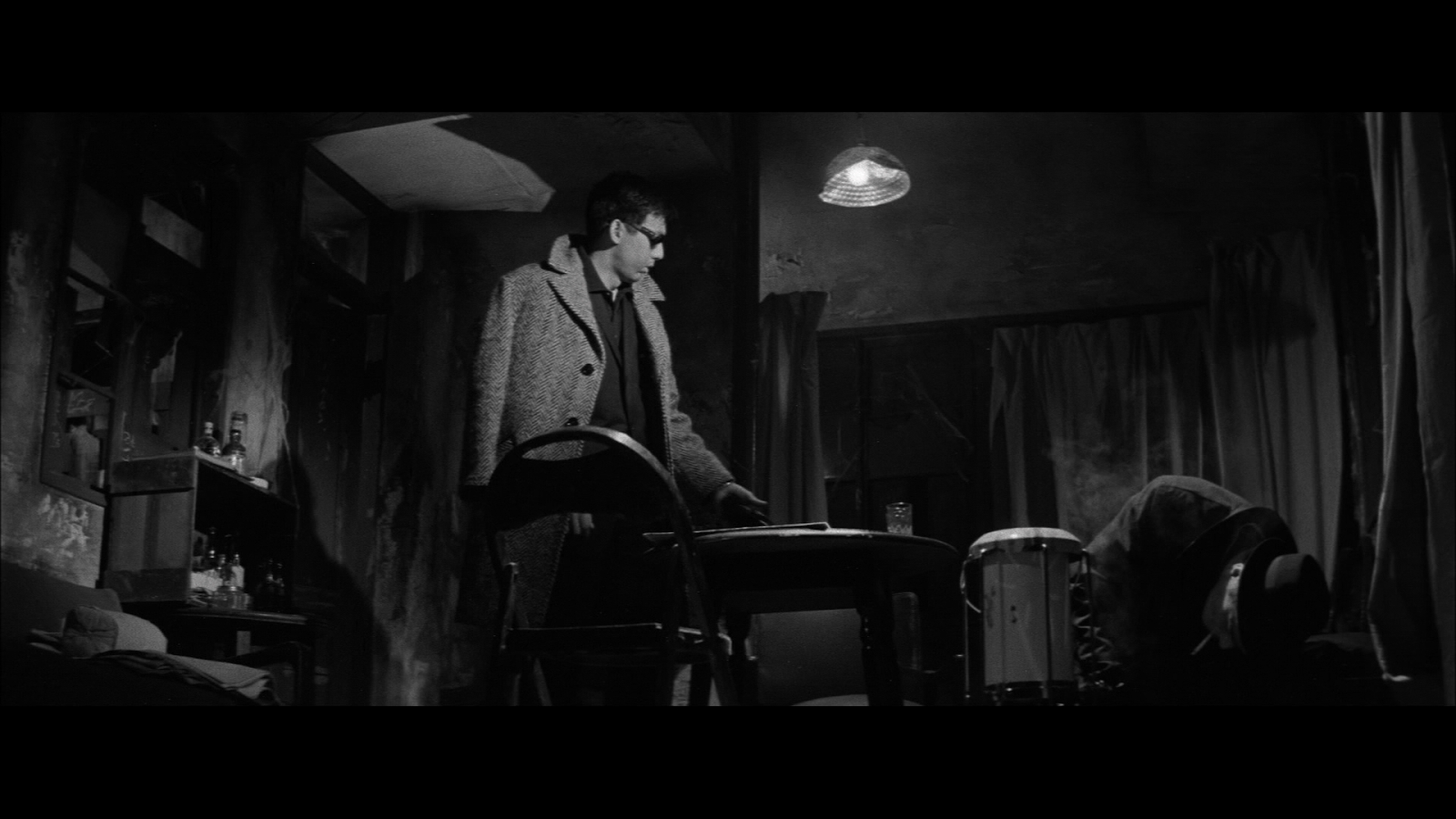



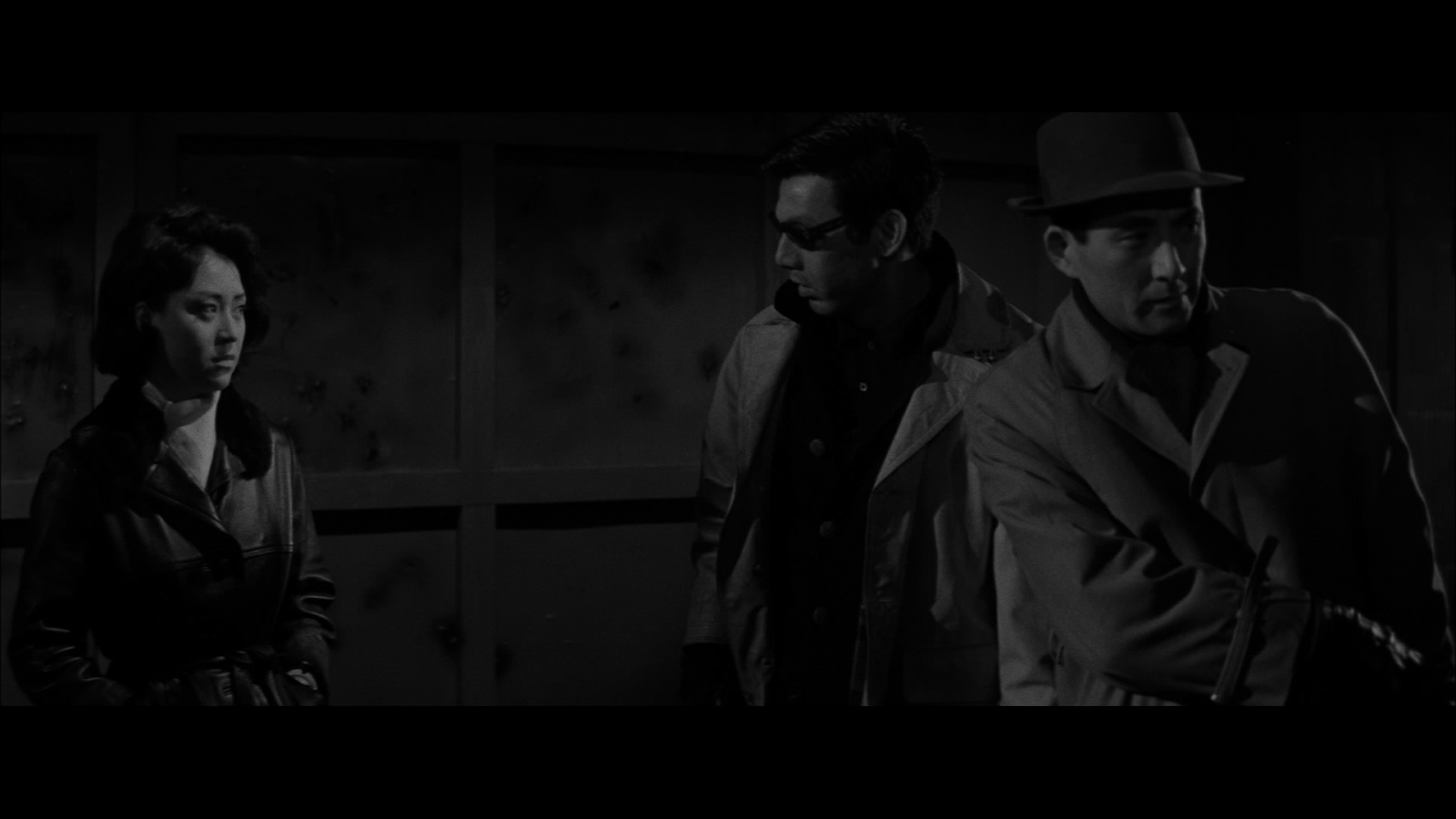




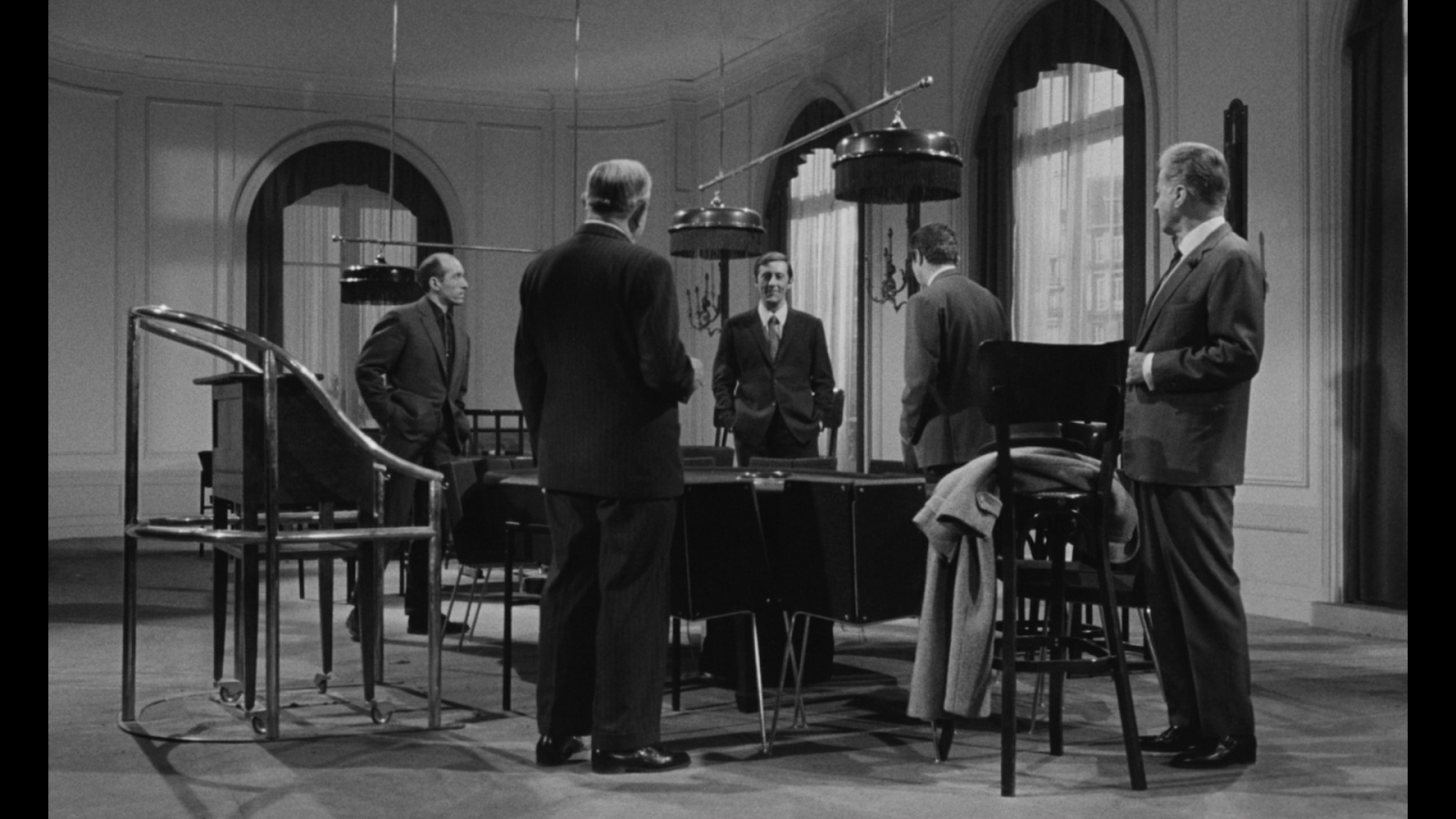



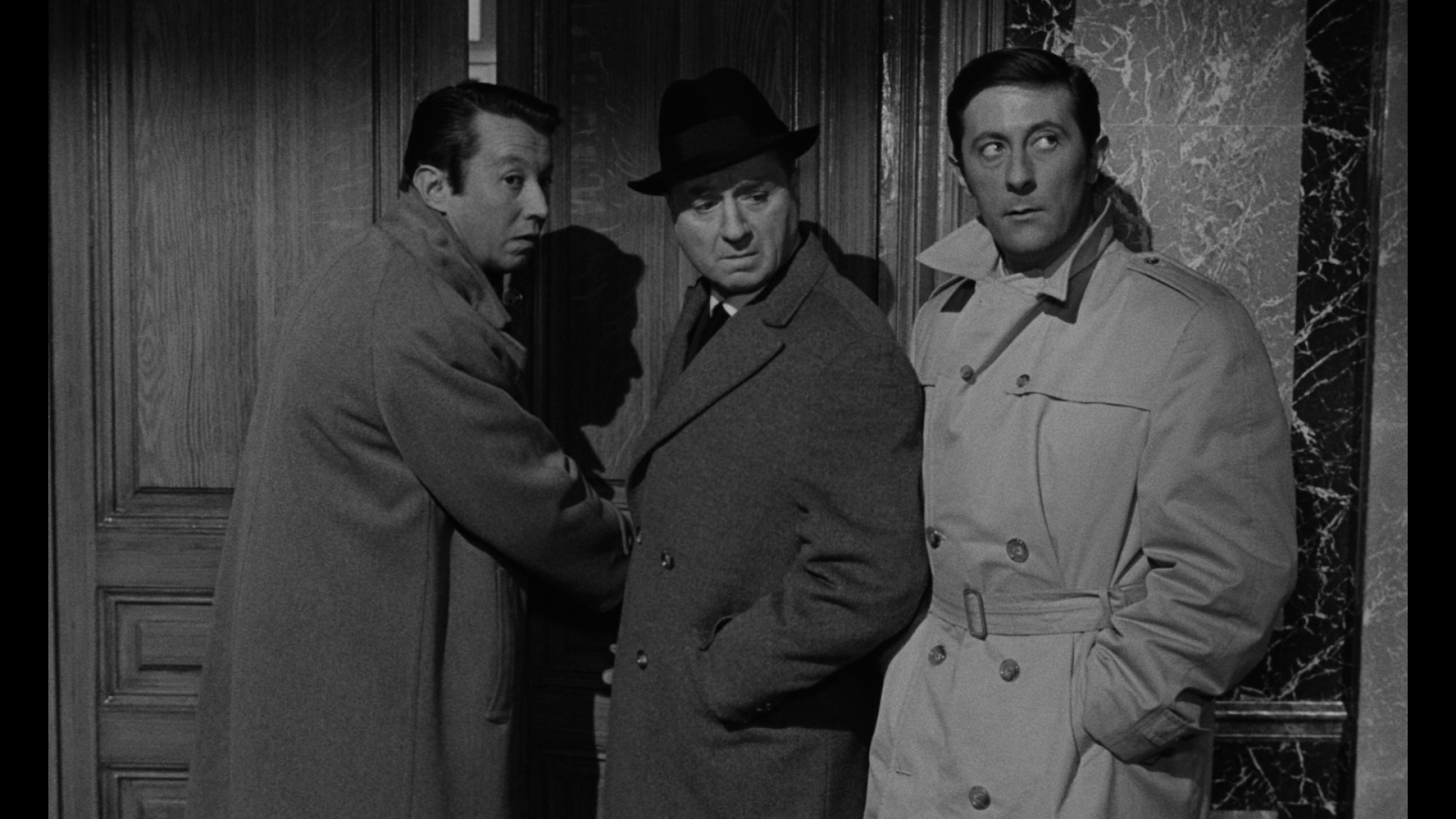
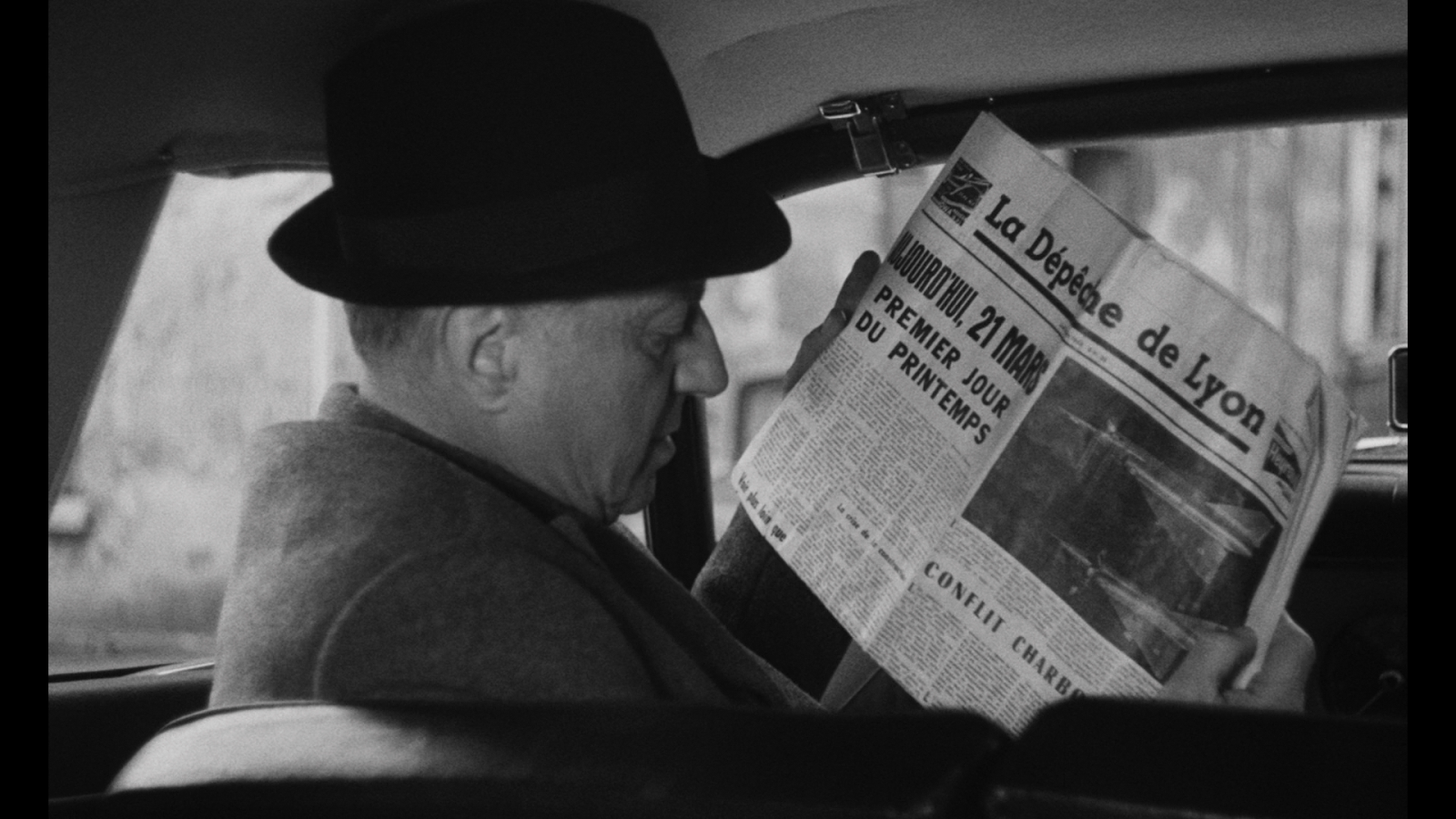




No comments:
Post a Comment
Note: Only a member of this blog may post a comment.